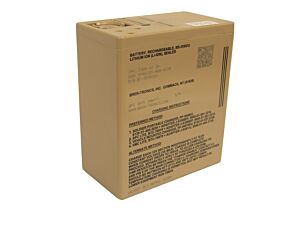Q1:
Hey, what are your opinions on something like a mobile battery, to carry about misc equipment such as laptops, tablets, or portable 12v ‘splash’ lights. (floodlights?)
The reason being that my laptop’s onboard battery runs out in about 2-3 hours after a full charge, and sometimes is drained in only 30 minutes because the computer sometimes decides to snatch every single available resource and drown them in a gigantic tsunami of battery power in either a heat-related suicide or an attempt to create the world’s most inefficient portable space heater.
This usually happens after leaving the laptop in a bag after putting it to sleep, usually charged to 87 or 90 percent. It is nice and cool in the bag and most of the computers are probably not making much heat.
But when I take it out, the bag is emitting quite a lot of heat noticeable from the outside, and the laptop is so hot that the metal could probably cause a minor burn (the chassis is metal) if touched for too long, and even better, this is usually at least 5 or 10 minutes AFTER the battery had already shut down. I wonder how hot it was when it was still running?
Since it has been doing that from day one, I doubt it’s anything software-related, and it runs fine when in use, aside from a bunch of random BSODs but I don’t do anything mission-critical on it anyway so whatever.
Anyway, what sort of battery would work goodly in that scenario? I would want at least 4-5 hours of working from it, AND support for other devices, such as a phone, some splashlights and possibly some other stuff.
Q2: How does law enforcement tell the difference from a fictional literature and a genuine thing? So for example, let’s say someone made up an extremely detailed and realistic, but entirely fictional murder scenario and posted it somewhere on the internet, such as creepypasta or reddit?
What about if the material was posted about a real event, especially one that was yet unresolved AND the material was very coherent and seemed very plausible that it could match the unresolved events?
And if the fictional story was told from the view of a victim and the authorities did investigate only to find it was ‘fake’, could the “victim” get charged for making a false report?
